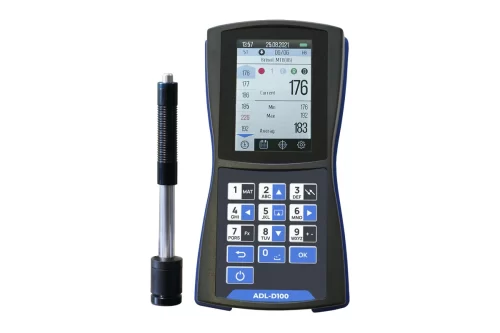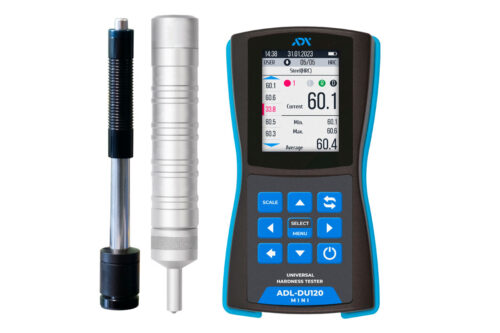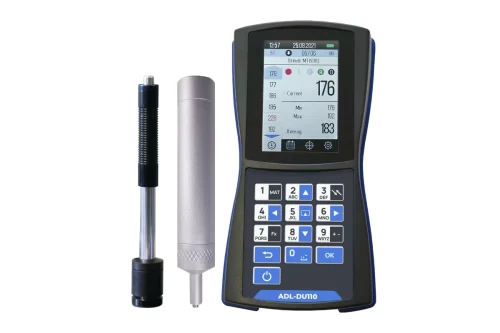Mechanical tests
Showing all 3 results
Mechanical testing of products involves assessing various mechanical properties and behaviors such as strength, durability, elasticity, hardness, and fatigue resistance. These tests are crucial for ensuring product quality, reliability, and safety across a wide range of industries including automotive, aerospace, construction, consumer goods, and more. Here are some common mechanical tests conducted on products:
- Tensile Testing: Determines the material’s response to stretching forces. It helps in evaluating the material’s ultimate tensile strength, yield strength, elongation, and modulus of elasticity.
- Compression Testing: Measures a material’s ability to withstand compressive loads. It is essential for assessing the material’s compressive strength, yield strength, and deformation behavior.
- Flexural Testing: Evaluates a material’s bending properties under a specific load. Commonly used to determine flexural strength, flexural modulus, and deformation behavior of materials.
- Impact Testing: Assesses a material’s ability to withstand sudden impact or shock loads. Tests such as Charpy and Izod impact tests are used to measure a material’s toughness and resistance to fracture.
- Hardness Testing: Determines a material’s resistance to indentation or scratching. Common hardness tests include Rockwell, Vickers, and Brinell tests, each suitable for different material types and applications.
- Fatigue Testing: Evaluates a material’s resistance to cyclic loading over time. It helps in predicting a product’s lifespan under repeated loading conditions, crucial for applications such as aerospace and automotive components.
- Creep Testing: Measures a material’s deformation under constant load over an extended period. This test is vital for assessing a material’s long-term stability and performance under sustained stress.
- Torsion Testing: Evaluates a material’s response to twisting forces. It helps in determining properties such as shear modulus, shear strength, and ductility.
- Fracture Toughness Testing: Determines a material’s resistance to crack propagation. Essential for assessing a material’s ability to resist brittle fracture and ensuring structural integrity.
- Wear Testing: Evaluates a material’s resistance to wear and abrasion under specific conditions. It helps in assessing the durability and performance of materials in real-world applications.
Buy Mechanical tests products in Uzbekistan, Tashkent




